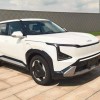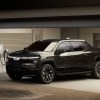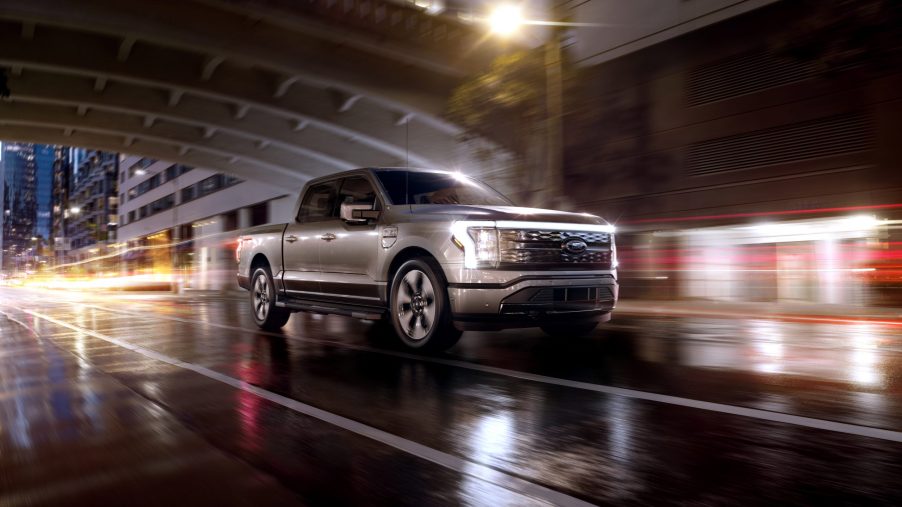
Electric Trucks Are Great, but Are They Worth It?
Today’s electric car buyer is about to be swathed by a vast lineup of electric trucks. The Ford F-150 Lightning is the average Joe’s electric truck, while the GMC Hummer is a ludicrous offroading beast. There’s the upcoming Chevy Silverado that’s primed for electrification, as well as the Ram 1500. And let’s not forget the vaporware Cybertruck that’ll come out… eventually. But even though buyers have so many options, are they actually ready to go all-electric?
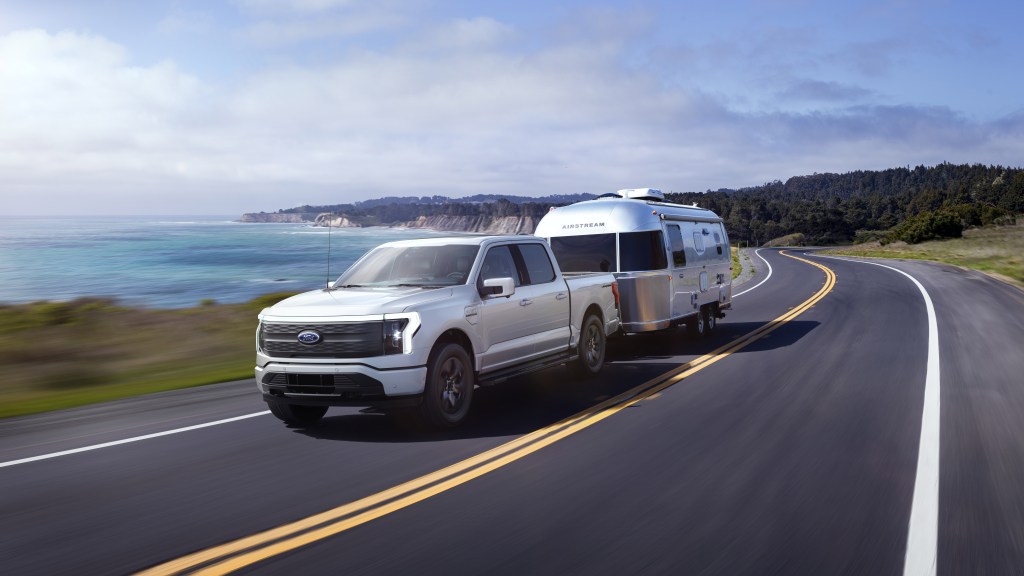
What do electric trucks have to offer?
The main concern folks have with electric trucks is that they won’t be or capable of towing heavy loads. We can dispel that concern now. The Ford F-150 Lightning can tow up to 10,000 lbs, and the Cybertruck can manage up to 14,000 lbs. In fact, most electric trucks can tow more than 7,500 lbs, which is plenty for most campers and trailers.
And speaking of power, electric cars offer that instant torque, giving them that exclusive EV feeling. But despite the added strength, they’re cheaper to maintain and charge. With fewer parts and cheaper electricity, electric trucks can make excellent fleet vehicles. In fact, name-brand electric work trucks have been around since the late 90s.
Electric trucks, and electric vehicles in general, can do a lot of the things that regular gas and diesel vehicles can. But there are some significant drawbacks.
What sacrifices have to be made to drive an electric truck?
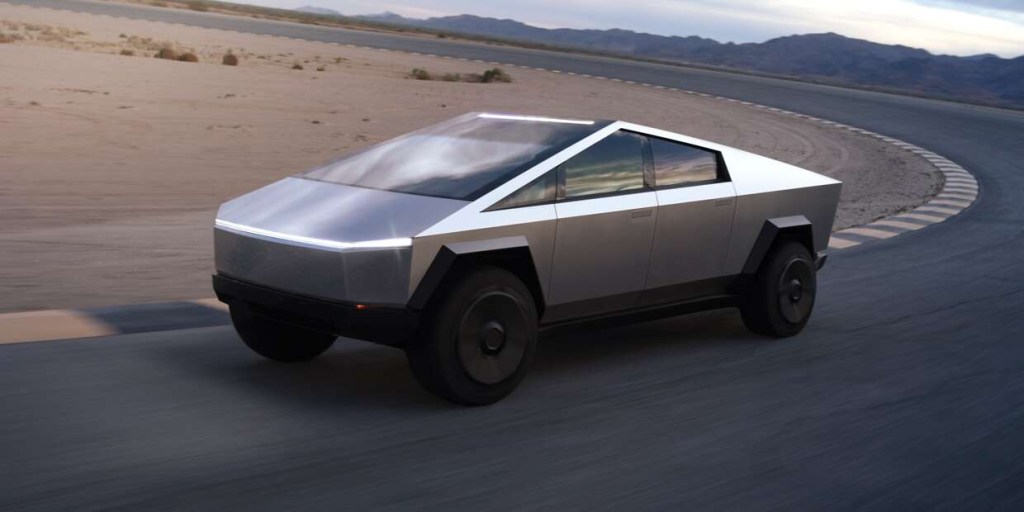
While electric trucks are cheaper to maintain over time, they’re expensive to buy at first. The Ford F-150 Lightning prides itself on being a cheaper option, but it starts at $39,974, and that’s just for the basic work truck trim. If you want any of the daily driving features, you’ll have to spend about $13,000 more. And then there are the ludicrous price tags on such vehicles like the GMC Hummer, starting at $79,995. They’re expensive, to say the last.
But what electric trucks lack that typical gas and diesel vehicles tout is a strong range. This isn’t just an electric truck problem, it’s an electric car problem, with very few capable of going further than your typical gas car. And even if it can go as far, it certainly can’t charge as fast. The Ford F-150 Lightning can only get up to 300 miles of range. Likewise, a standard Ford F-150 with a 30-gallon tank and 25 mpg city can get upwards of 750 miles between fuel-ups.
And that doesn’t even take towing into account, which is sure to be a factor in towing with an electric vehicle. All these concerns beg the question as to whether or not the average Joe is ready to make the switch from truck to electric truck.
Are consumers ready to make the switch to electric trucks?
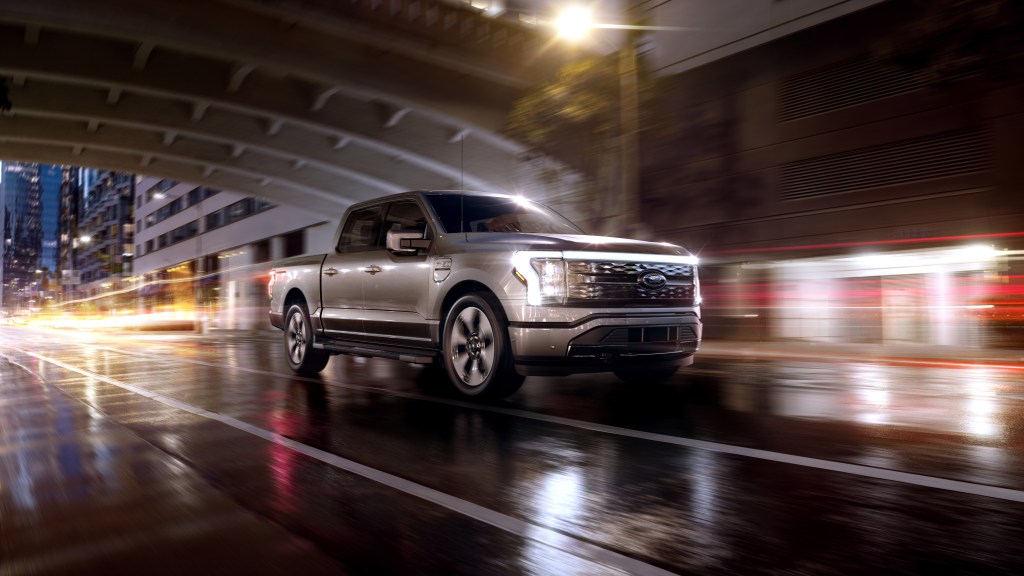
Kelley Blue Book surveyed 1,005 adults to answer this very question, and the results aren’t exactly surprising. 67% of people agreed that trucks are an American staple, and 65% agreed that EVs are the future. Put it together and you’d assume at least 66% of people would be ready to own an electric truck, but you’d be mistaken.
When buying a new truck, only 19% of participants said they’d view environmental friendliness as an important factor. And over half of the participants said that electric trucks just weren’t worth the cost. They’re not as capable or established as gasoline trucks are, as we’ve dug ourselves into a bit of a hole, relying on non-renewables for so long.
All we can do now is hope that electric car technology gets more advanced and that cars will soon charge as fast as gas cars refuel. There are plenty of upcoming battery technologies that aim to make electric cars cheaper and more efficient than ever. But for now, we’ll have to wait.

